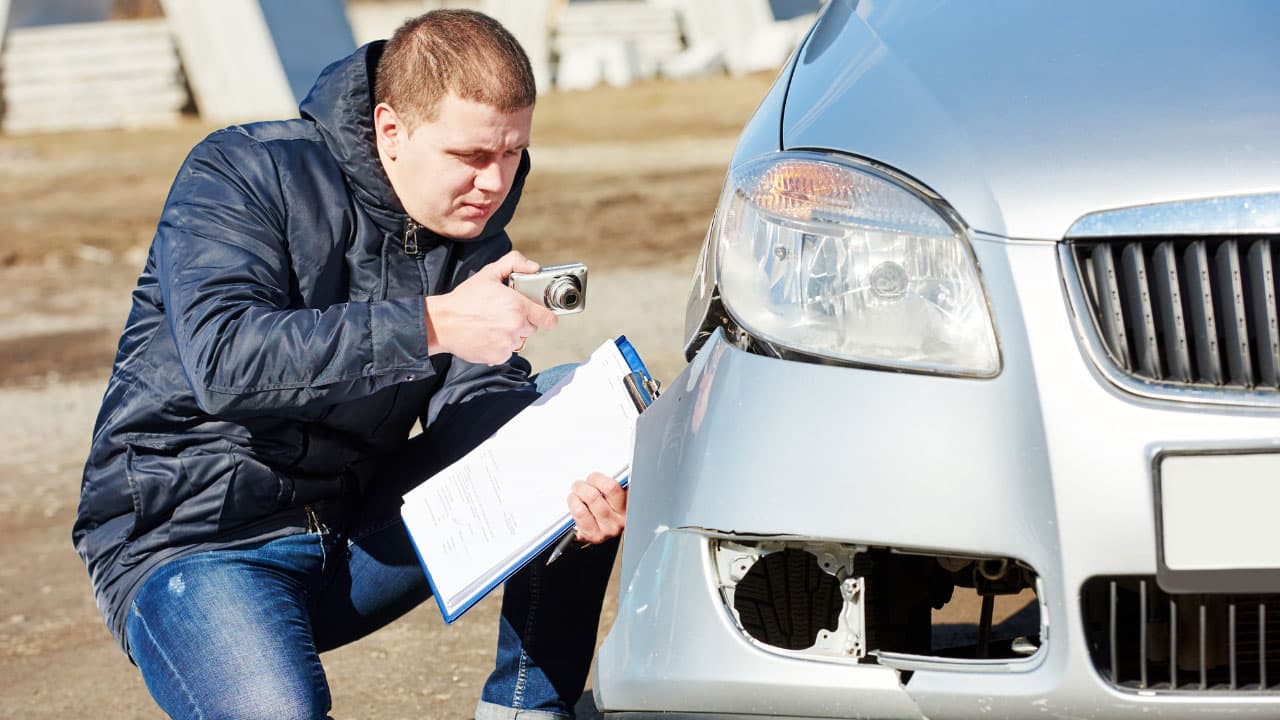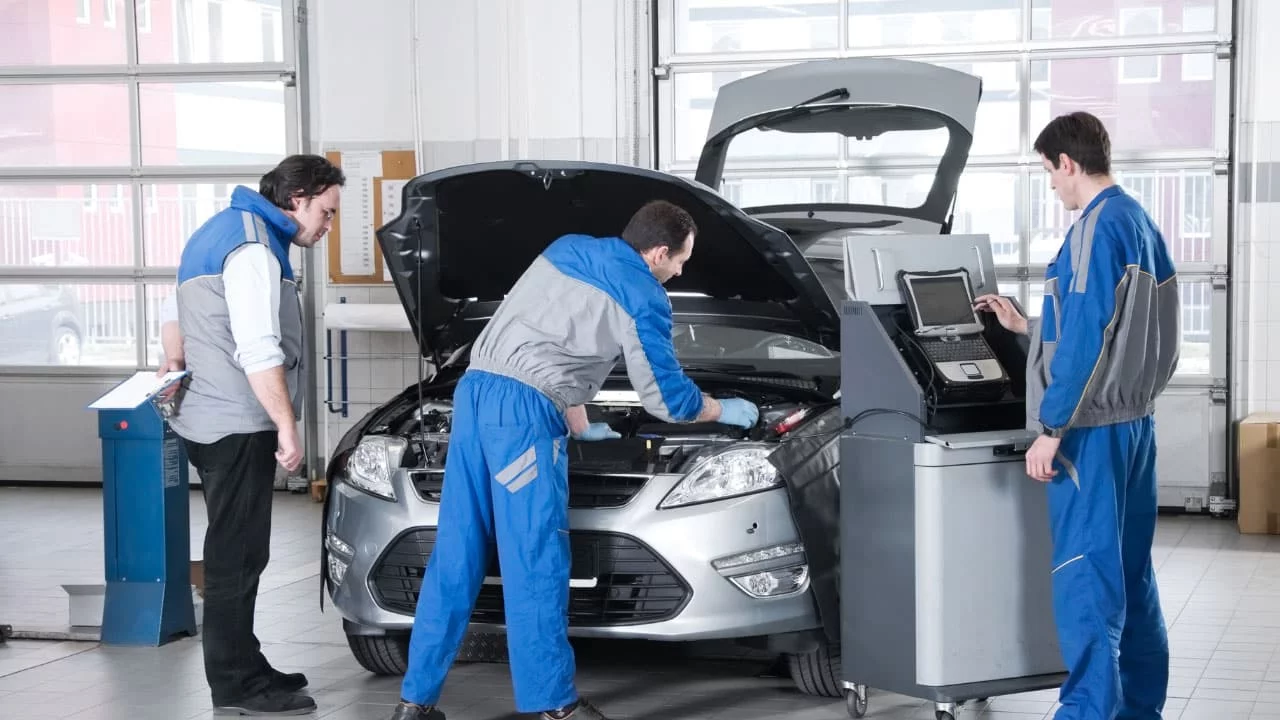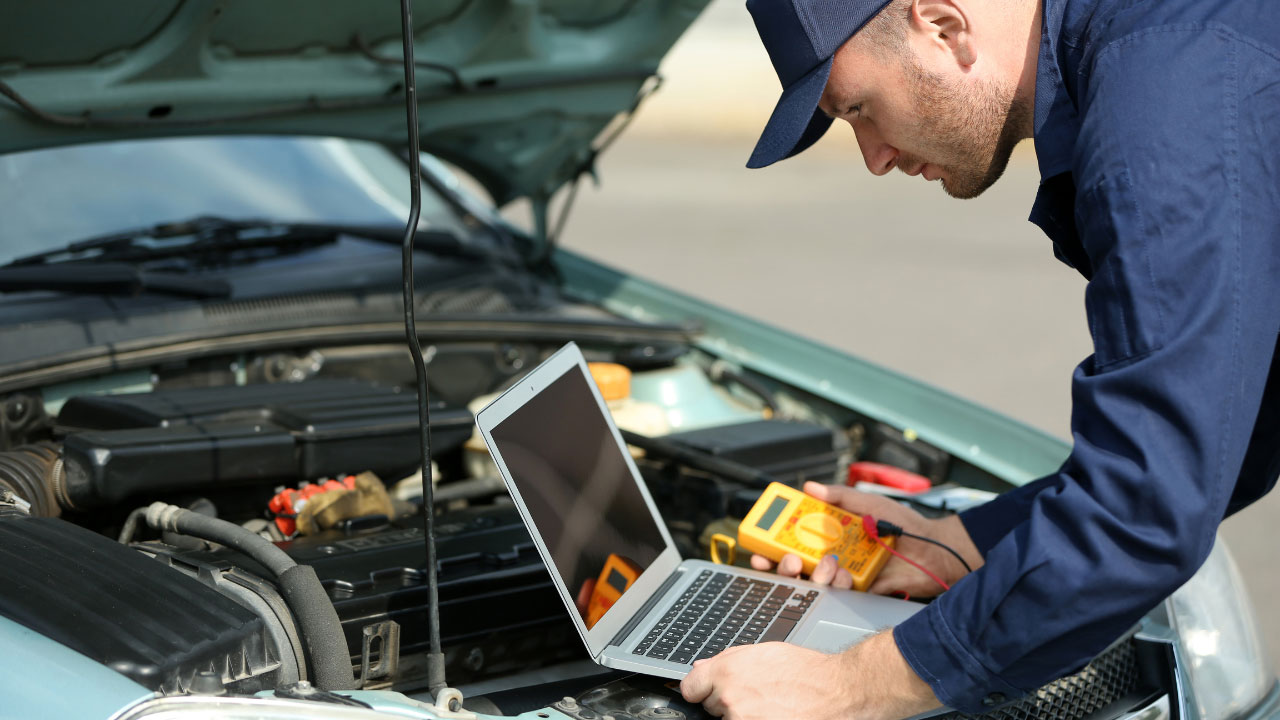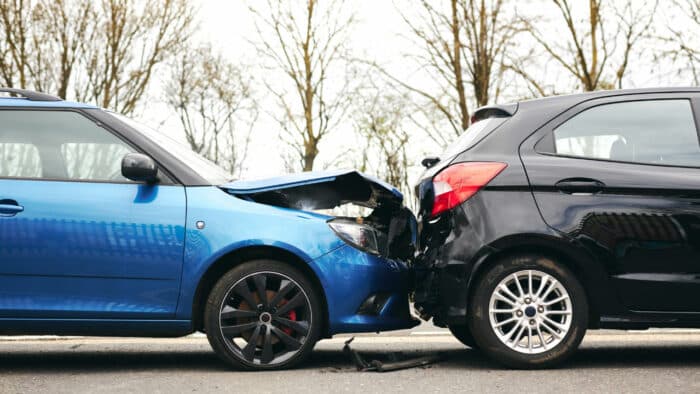Car buyers go to used car dealerships, auctions, and private sales in search of dependable vehicles that are inexpensive to acquire. Some of these car buyers end up with damaged vehicles, also referred to as lemons.
Buying a lemon car is one of the worst things that can happen to a used car buyer, but this can be easily avoided with the right tips. Here we will discuss seven tips on how to avoid buying a lemon car at a dealership or from a private seller.
What is a lemon car?
Before we get started on the tips, let us answer the question, “What is a lemon car?” Your vehicle is damaged or defective, but that doesn’t make it a lemon. So what is a lemon car? A lemon car is one that has a serious fault, malfunction, or damage that poses a safety risk and cannot be repaired despite multiple tries.
When a defect is noted in a recently purchased vehicle and the defect remains even after three or more repairs, you can say your vehicle is a lemon. Some of the most common defects or issues observed in lemons are damaged or malfunctioning brakes, engine failure, transmission faults, and other issues that may not be obvious to naive car buyers.
How to not buy a lemon car?
Are you interested in purchasing a used car from a dealership or a private seller? These are some of the tips you should remember to avoid purchasing a lemon:
Research the dealership’s reviews.
Before fully committing to a purchase at any dealership, be sure to read through the dealership’s reviews and ratings. There are a lot of online platforms where you can read reviews on any dealership and hear what customers are saying about them. Pay attention to the bad reviews as well as the good ones. With proper research, you may be able to find a reputable dealership and eliminate the possibility of purchasing a lemon car.
Get a vehicle history report
The quickest and easiest way to identify a lemon is through a vehicle history report. What is a vehicle history report? A vehicle history report issued by a car report provider, such as a Vehicles Report, is a document that provides information on a vehicle’s history and records. The vehicle history report is usually generated by tools that collect information from various databases with a Vehicle Identification Number (VIN). Some of the vehicle information car buyers can easily access with the VIN includes:

- Accident history.
- Damage history.
- Service history.
- Maintenance history.
- Ownership history.
- Title-brand records.
- Theft records.
- Open recalls.
Looking for how to find out if your car is a lemon? Pay attention to the vehicle history report. Some of the details you may focus on after a lemon car check with Vehicles Report.
Accident and Damage History

To easily identify a lemon car, the accident history and damage history sections of a vehicle history report are of great importance. With the accident and damage history, you can easily identify the accidents a car has been involved in, the damages it has sustained, and the potential defects it may develop in the future. Pay attention to damages to the engines and car frames, as they may persist for years.
Service and maintenance history

Having knowledge of the service and maintenance history of a vehicle before purchase exposes car buyers to defects that were frequently fixed and defects that are likely to show up in the future. If a recurring defect is observed from the service and maintenance history, you just may have a lemon on your hands.
ALSO READ: Common Car Repair Scams and How To Avoid Them in 2023
Ownership History
Taking a good look at the ownership history and the duration of time the vehicle spent with each owner, you can identify if a vehicle is a lemon or not. If the vehicle was quickly resold after its first and second purchases, there’s a huge possibility that the vehicle is a lemon. A reliable vehicle would most likely be used for at least a year before resale. Less than this should raise your suspicion.
Title-brand records
Another really easy way to spot a lemon car with a vehicle history report from Vehicles Report is to check for title records on the vehicle. Some of the most common titles on lemon cars are salvage titles, rebuilt titles, junk titles, and more. A vehicle with a salvage title is one that has all safety features damaged, most probably due to an accident, crash, fire, flood, and so on. A rebuilt title says the car was previously a salvage-title car but has been repaired and has met safety standards. If you find these titles on a vehicle history report, you may have to take a step back as you may be looking at a lemon car.
Vehicle history reports provided by car report services such as Vehicles Report are the first step in determining if a vehicle is a lemon or not.
Check the vehicle’s window sticker
A window sticker is a label that contains information about a vehicle’s specifications and features. With a window sticker, car buyers can gain access to the following information in one glance:
- Manufacturer’s suggested retail price.
- Model and trim level.
- Engine and transmission.
- Fuel economy.
- Optional features.
- Safety features.
- Dimensions and weight.
- NHTSA safety ratings.
- Warranty information, and more.
With a window sticker provided by Vehicles Report, car buyers can easily compare their vehicles with the expected specifications on the sticker. This way, they can identify lemon cars without any trouble.
Get a mechanical inspection
The next tip to actually avoid buying a lemon car is to have the vehicle inspected by a professional mechanic. You may be tempted to inspect the vehicle yourself to avoid paying the $100 to $200 charge from a mechanic, but this amount is nothing compared to the cost of repairing a lemon.

Is it a lemon? A professional mechanic would tell you, as he knows how to find out if your car is a lemon. His focus would be on the mechanical systems of your car. A proper inspection covers the engines, brakes, transmission, and so on.
Go for a test drive
With a test drive, car buyers can easily observe the performance of a vehicle. Start by turning on the vehicle. Look out for a cranking or slow start. If this happens, you should ask the dealer or private seller for an explanation. Rev the vehicle while it’s still in park and observe the engine’s response. This way, you will get to know how powerful the engine is. Observe
- The steering.
- Listen to car noises and try to identify any strange sounds.
- Check for warning lights, as they could be pointing to some severe mechanical damage.
- Check the electrical systems – headlights, air conditioners, heaters, interior lights, and others.
ALSO READ: Volvo Vs Mercedes Benz | Which is Better for Reliability
Search for open recalls
After a lemon history check is conducted, you can go through the vehicle history report generated and gain access to the open recalls available for your vehicle. If there are still a number of open recalls, your safety is at risk with the vehicle, and it just may be a lemon.
Have a good look at the vehicle’s warranty status
Another helpful tip on how to avoid buying a lemon car is to take a good look at the vehicle’s warranty status. A vehicle without warranty coverage is most likely to incur repair costs in the future and end up as a lemon in no time. These vehicles may have been used for years and may have worn out with time.
These are some of the tips to remember when you go car shopping to avoid buying a lemon.
What to do when you buy a used “lemon” car?
What happens if you purchase a lemon used car? Is there any way to get your money back? Can you get a new car? Yes. There are certain laws set up to protect consumers from lemon cars whenever they unknowingly purchase them. Although there are some conditions that must be met before you can be protected by the law, they are:
- The car must have between 18,000 and 100,000 miles on it.
- If it doesn’t have that much mileage, it must have been delivered to the dealership at least two years before purchase.
- The car must have a purchase price of at least $1,500.
- Commercial vehicles are not considered. Your car must have been used for personal purposes only.
If your vehicle meets the conditions above, then you may:
- Ask for and receive a documented lemon-law warranty from the dealer you purchased the car from.
- Receive repairs from the dealer for all damages and defects on the vehicle.
- Receive a full refund if your vehicle remains unfixed after three or more tries.
Frequently Asked Questions
What does "lemon history reported" mean?
“Lemon history reported” indicates that the vehicle in issue has had one or more severe problems in the past that the dealer was unable to repair despite several tries. As a result, the vehicle is deemed a lemon, and the manufacturer purchases it from the owner.
Should I buy a lemon car?
Purchasing a lemon car is entirely up to the car buyer. If you are sure you can completely work on it and make it usable and safe to drive, then you can go ahead and purchase a lemon car. Else, we would recommend purchasing only reliable vehicles for usage. To get the best car at the best price, it is best to generate a vehicle history report from Vehicles Report and get unrestricted access to vehicle information and history.








